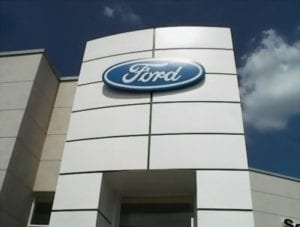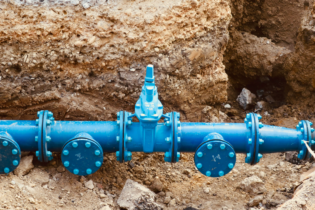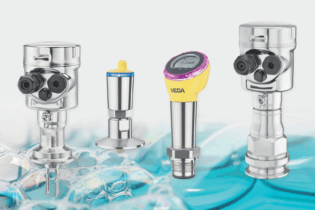Ford Motor Company of Southern Africa (FMCSA) announced earlier this month that it is investing R21 million in a new wastewater treatment plant (WWTP) to facilitate the manufacturing of the all-new Ranger at FMCSA’s Silverton Assembly Plant. The plant, which will host state-of-the-art ContiFit technology, will see the use of recycled water increase to 15% initially and then to 40% as a result of planned upgrades over time.ContiFilt is a technology of continuously regenerated sand filtration, as opposed to the classic sand filtration with periodic backwash sequence and related downtime.
“We looked into the possibility of upgrading the existing water plant; however, it was decided that it would be more cost-effective to rather decommission the old plant and construct a new plant boasting the latest technology,” explains Peter Lawson, vice president of operations at FMCSA.
According to a release by FMCSA, only 7% could be successfully purified and reused in selected processes due to the input quality from the old WWTP plant. With the higher quality water expected from the new WWTP, previously sensitive operations can now be considered for recycled water and an immediate increase is expected without upgrades to the purification plant. This means more than doubling the amount of recyclable water to up to 15%.
“While this system allows for the purification of water for industrial and process usage only, future projects such as those that have been implemented at other Ford facilities around the globe, could allow for the use of recycled water for day-to-day human usage. This would see the use of recycled water increase by as much as 40%. However, due to the complexities of ensuring all health and safety aspects are taken into account, this would only be considered at a later date.”





